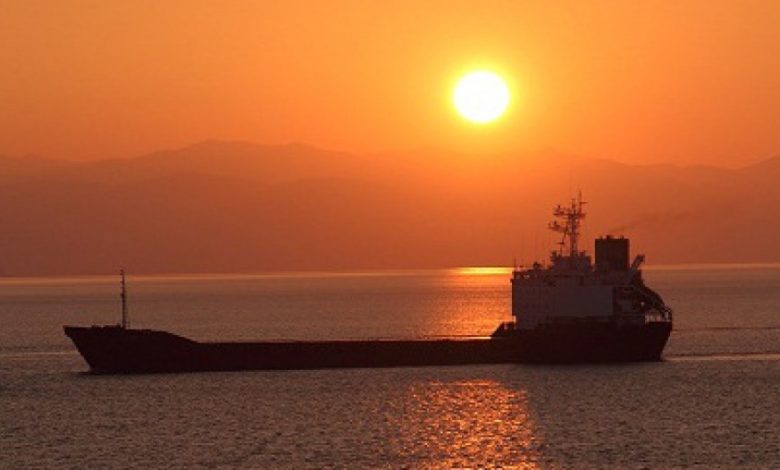Reframing the 2020 operational debate

Cassandra Higham from Castrol gives the big picture viewpoint on the impending sulphur cap.
Very soon we will be measuring the countdown to 1 January 2020 in weeks, not months. As the view of the 0.5% fuel sulphur content cap sharpens on the horizon, owners and operators should be using these precious weeks to shore up their fuel options and bunker supply chain; and, in some cases, train their crews in safety and efficiently using scrubbers, if they have opted for their installation.
Among the reams of written words devoted to debate and discussion on the topic of the 2020 deadline and its implications for the shipping industry, much of the discourse has rightly been focused on a series of ‘known unknowns’; with fuel price spread, fuel availability, compliance levels, and the use of scrubbers among the most prominent. However, an area that has been arguably overlooked amid this seismic change in fuels is the acute effect the transition will have on wider operations – both in the implementation period but also aftermath of January 1.
As a vessel’s most costly asset, it has been well-documented that the reliable and safe operation of a ship’s engine is pivotal to successful fleet operation, with the commercial ramifications of any engine damage potentially resulting in delays and loss of day rates, debunkering costs, refits and potential litigation costs.
The sulphur cap undoubtedly brings with it new challenges to safe and reliable engine operation. Firstly, the fuel landscape will expand, from what was a market with two main fuels – Heavy Fuel Oil (HFO) and distillates, to a market that will see Very Low Sulphur Fuel Oil (VLSFO) added to the mix. Moreover, given that there will be more blended fuel in the market, fuel sources will most likely be more fragmented, and less traceable and transparent.
All of this presents both short and long-term challenges to operations. Owners and operators will already be working through their Ship Implementation Plans in line with the IMO’s recently released guidance, ensuring that their fuel and lubricants supply chains are planned out up to and after the implementation date.
The deadline should not, however, be seen as the end of the journey. The issues arising in the aftermath of the transition may take weeks or months to manifest. These issues could include corrosion, cat fines and other engine damage, and will require crews to redouble their engine inspection and used oil analysis regimes – something that the sector desperately needs to plan for.
It’s important to remember that these aren’t small operational changes that the sector faces. Given the complexity of factors at play, it is clear that a refocusing of the 2020 mindset towards examining engines holistically – in terms of hardware and its maintenance, lubricant, and fuels – is needed if shipping is to manage the implementation of the sulphur cap effectively.
Building knowledge of these interdependencies is crucial, because they have acute operational impacts for crews and financial implications for owners. The accepted operational and commercial rulebook for our sector will never be the same again, not least as the shipping industry looks ahead to decarbonisation in the near future.
This ‘new normal’ requires a new way of thinking that looks less at the engine in isolation, and more at the link between hardware, lubricant, and fuels. A new pace of change is also something that the industry must familiarise itself with, and, as months turn to weeks, preparedness for the post-2020 world will be critical. Anticipating the outcomes of all of this change will be crucial if the industry is to manage these transitions effectively.
The ‘what ifs’, or known unknowns, of post-sulphur cap operations present owners, operators and crews with important questions. To help the sector answer them, it is time we shifted the 2020 debate to anticipating the outcomes of the transition for hardware, lubricants and fuels equally, rather than focusing on January 1 as some ‘end point’ for change.
